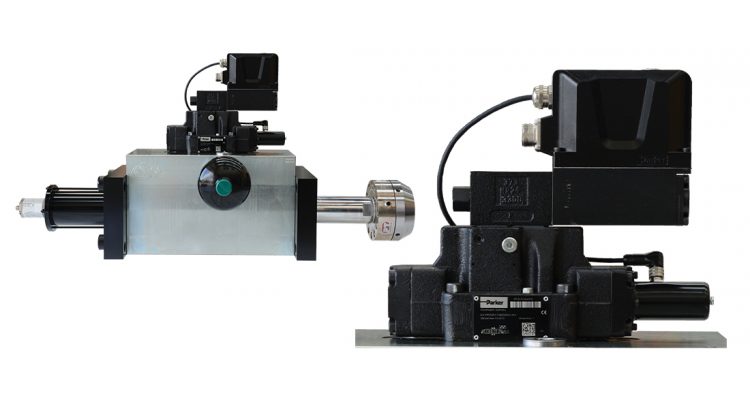“There are very few people in Australia who can properly assess and repair servo and proportional valves, so what most customers will do if there’s a problem, they’ll just throw it in the bin – this not only results in unwanted downtime, but creates a real wastage issue,” says Ian Duncan, the Chief Engineer at Motion.
From costly downtime to unnecessary wastage, the paper and timber industry face a range of challenges that impact both profitability and sustainability. Processing machinery that utilises proportional and servo valves plays a major role in this sector, impacting both the quality and efficiency of each operation.
“The CMA/CRAM group is a hydraulic service and engineering business that was acquired by Motion’s team in 2019. With multiple locations around the country, we have the capability to trouble shoot, replace, and advise each customer’s specific needs,” says Ian.
Regarded as one of Australia’s leading engineering solution providers, CMA has been paving the way for industry-based solutions for the mining, manufacturing, and construction industries for the past 30 years. In the paper and timber industry, proportional and servo valves can run in to a variety of issues if users aren’t properly educated around their most efficient use.
Aside from the waste issue, buying a new valve could result in six months of lead time, and is considered expensive to purchase. And often the valve can be repaired quite quickly if for example it has a jammed spool,” Ian says.
Ian recently worked with a timber mill in NSW, explaining they had on-going operational issues relating to their servo valves.
“They had substantial control problems with the equipment that was being used to position and saw the logs into framing timber. A series of servo valves that were being used for log and saw blade positioning were having intermittent control problems,” Ian says.
In response to this, Ian and the CMA team got together and went out to the site to assess the situation.
“We had some of our local guys go out to the site and they then used specialist equipment to monitor what was going on with the servo valves,” Ian says.
After assessing the resulting data, the team was able to diagnose several faults within the electronics of the servo valves.
“With one of them, we were able to get it going by pulling parts out of another one from spares we had back in our workshop, unfortunately the second servo valve was beyond repair,” Ian says. “Luckily, we had a very similar item in stock and so we were able to provide them with an alternative valve for the second one that was failing and get it up and running again.”
What sets CMA apart from other hydraulic businesses in Australia is their ability to not only test malfunctioning valves, but provide repairs and replacement to their customers, no matter their location in Australia.
“Rather than scrapping used or suspect valves and spending a lot of money buying a new one, we’re often able to repair the valve, get them going, and for a significantly reduced cost, as well as provide a much shorter turn-around time,” Ian says.

